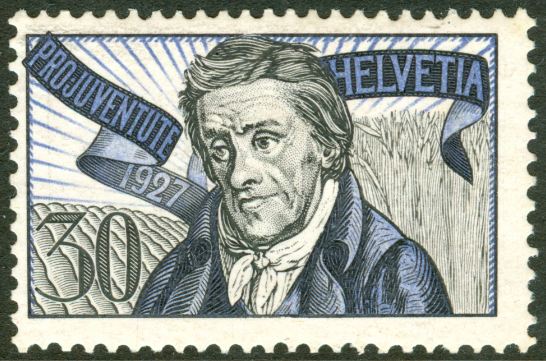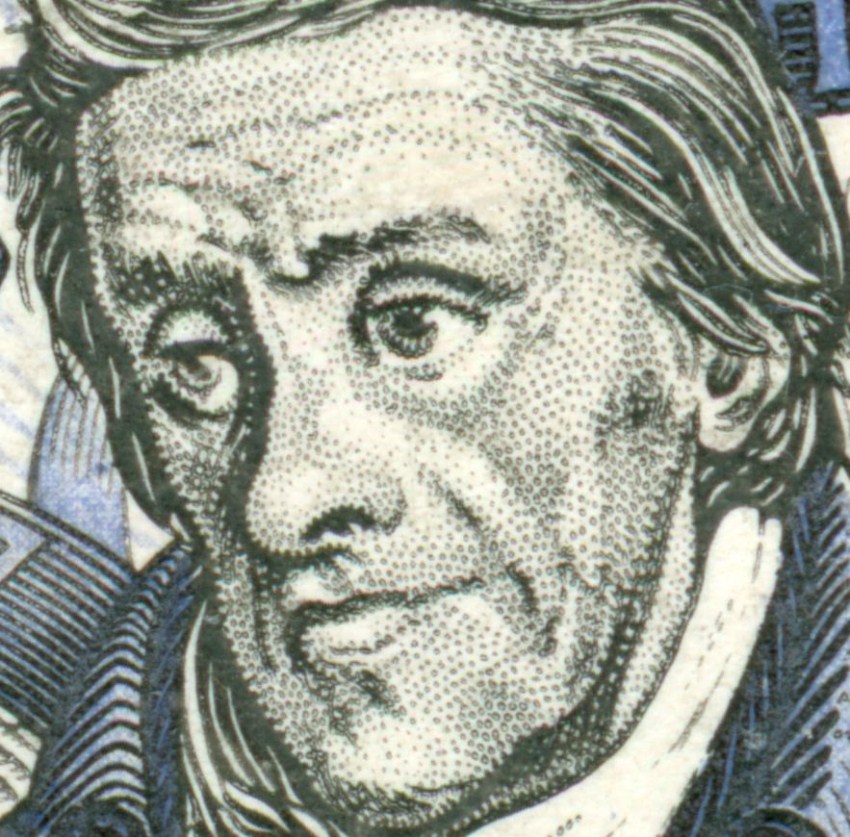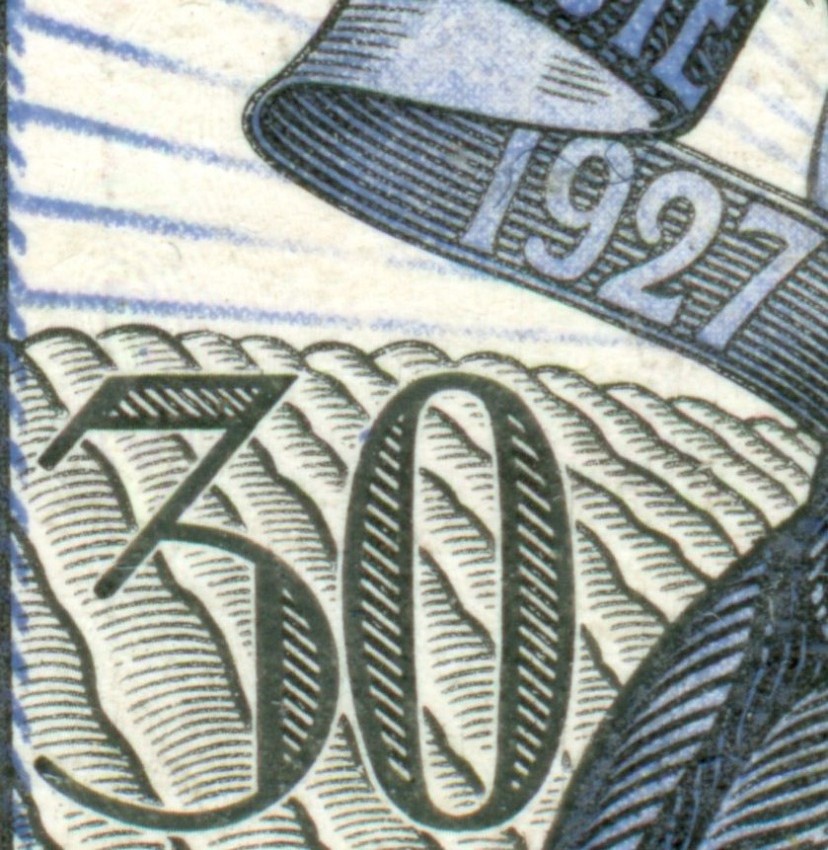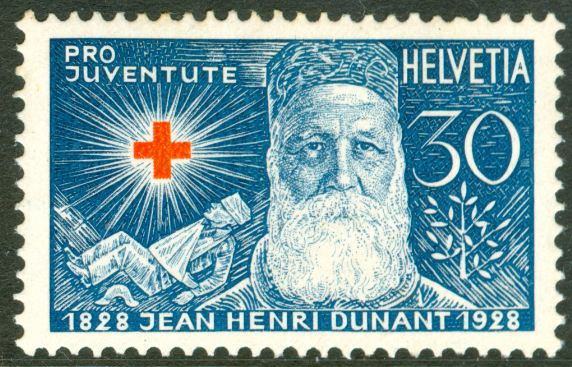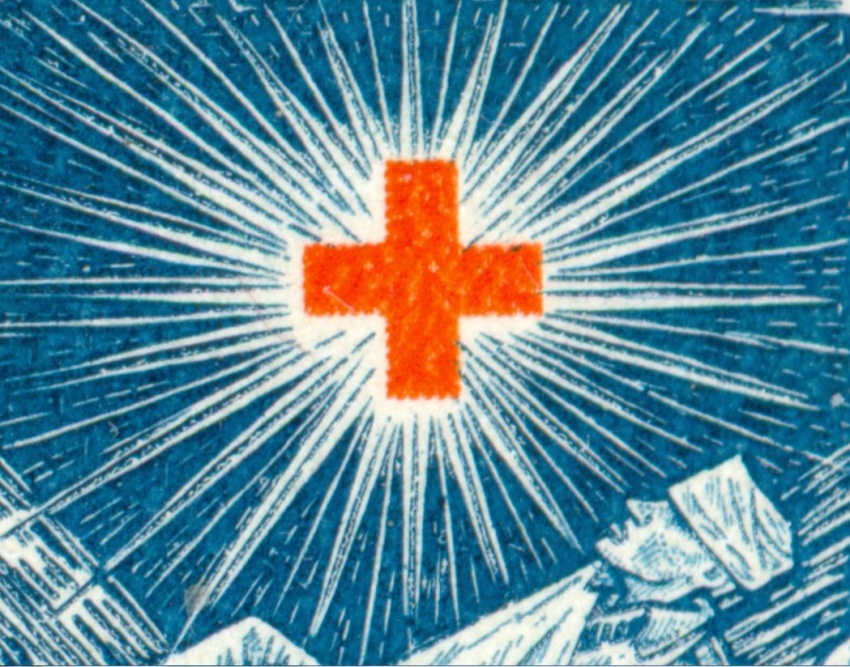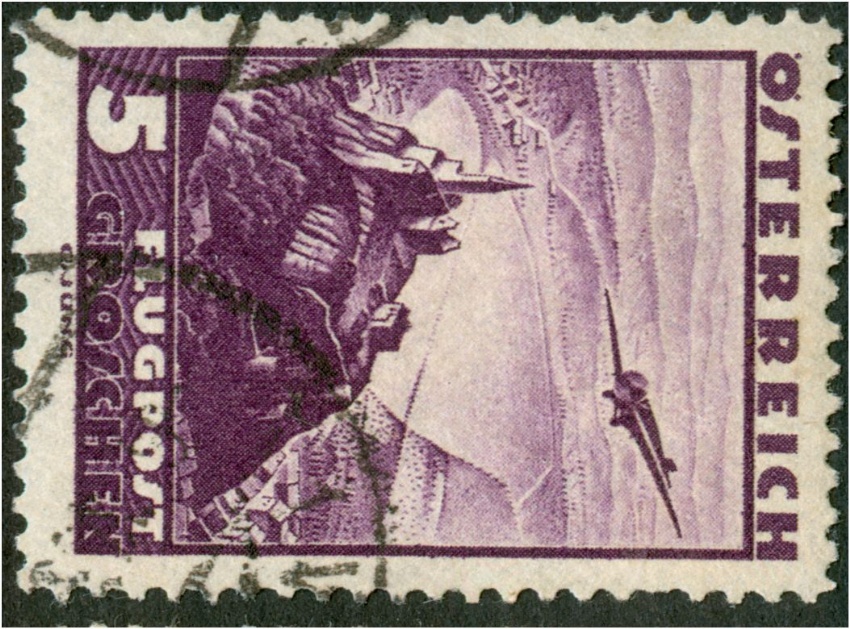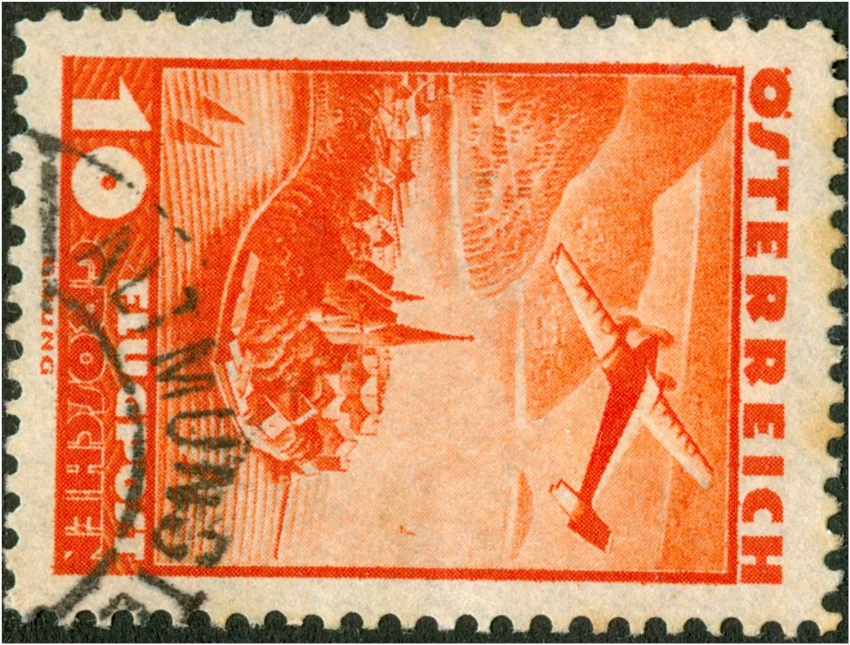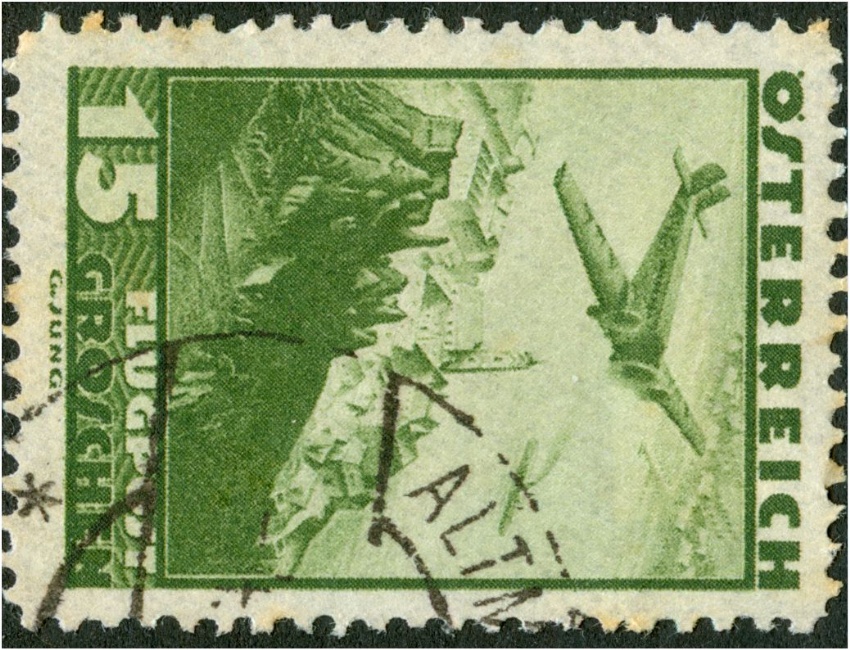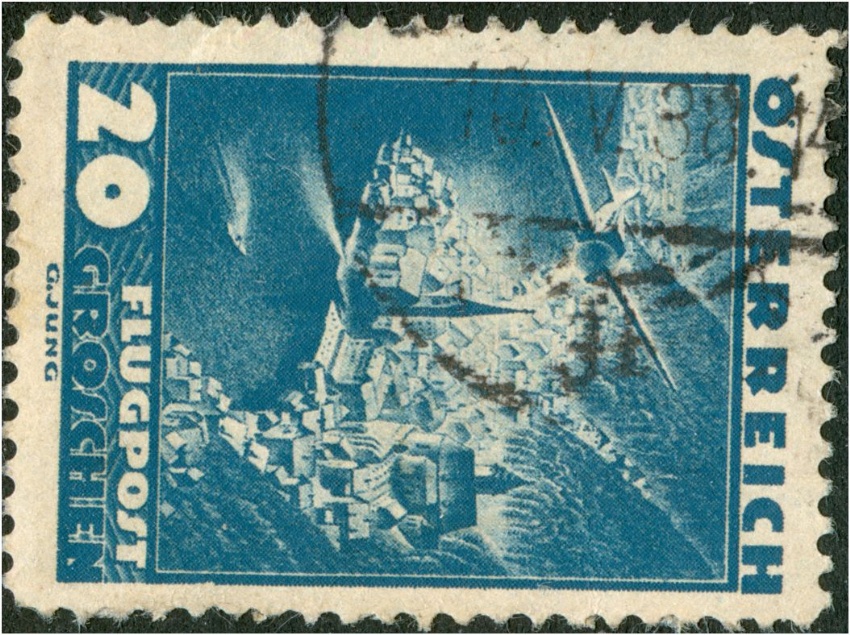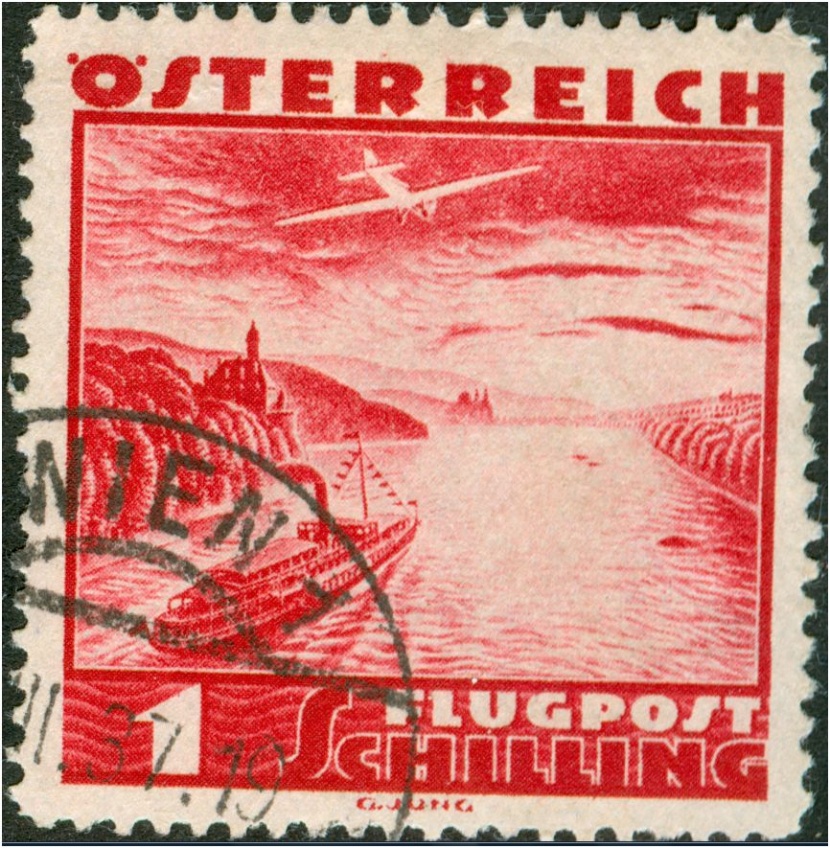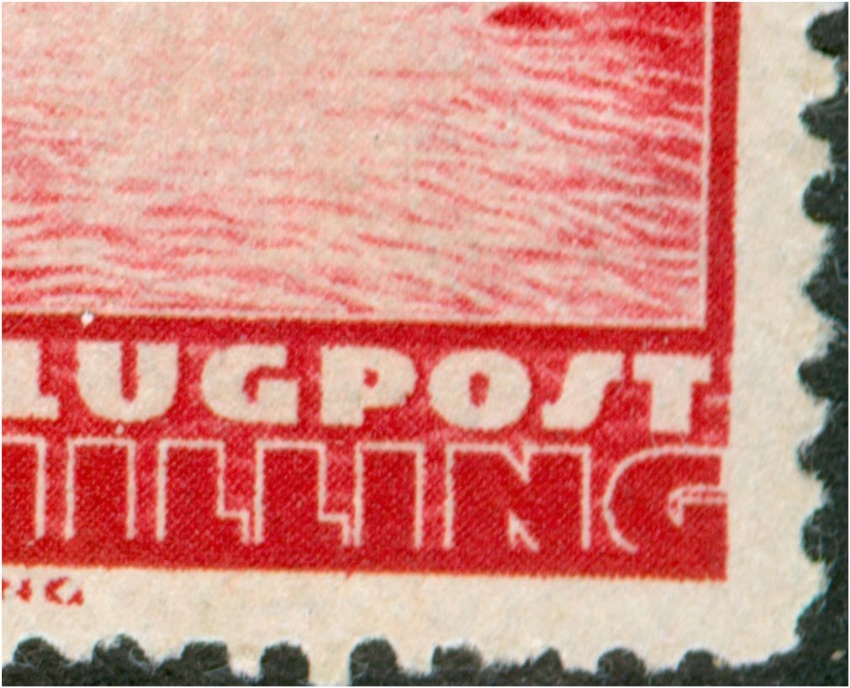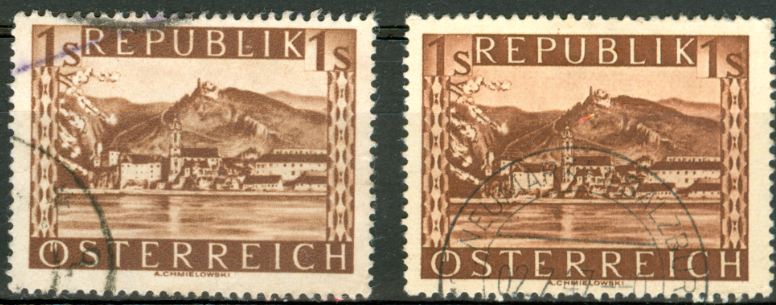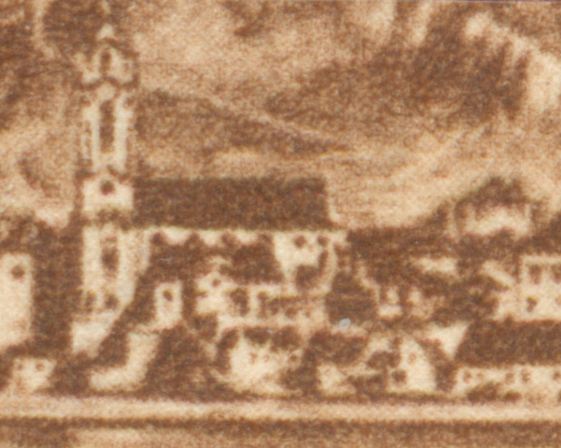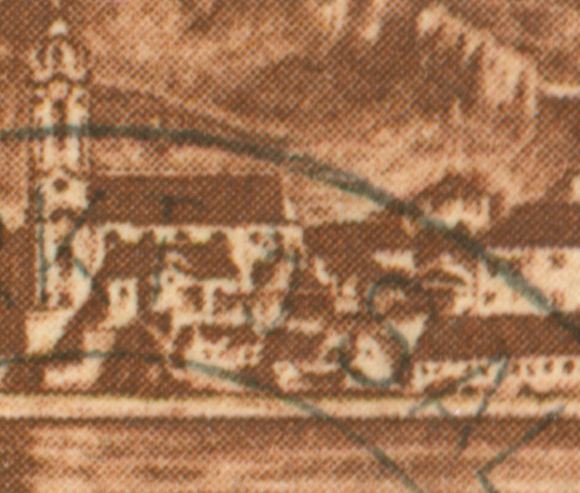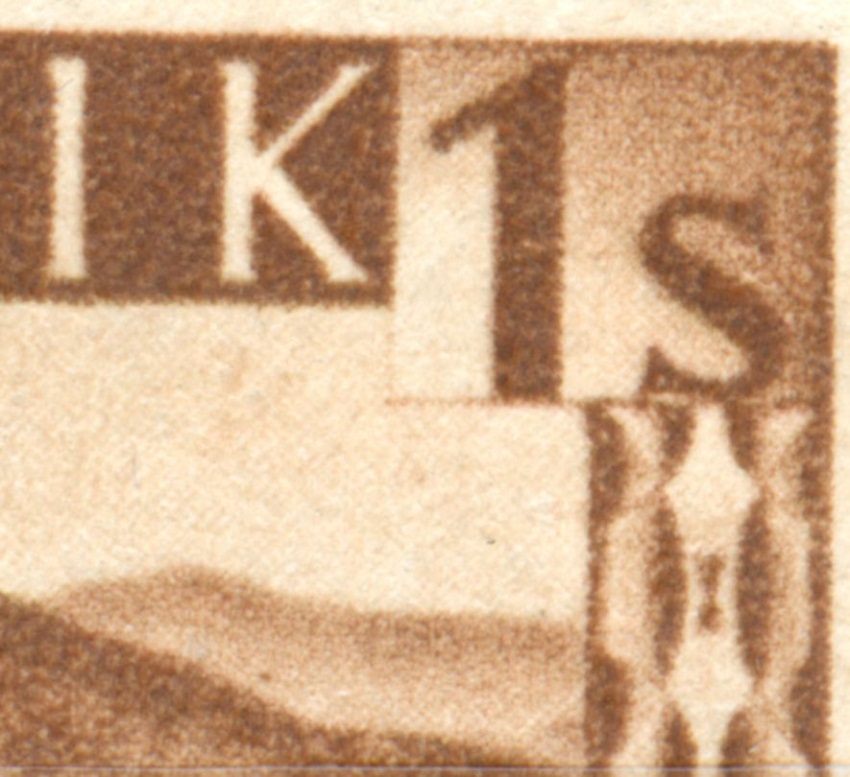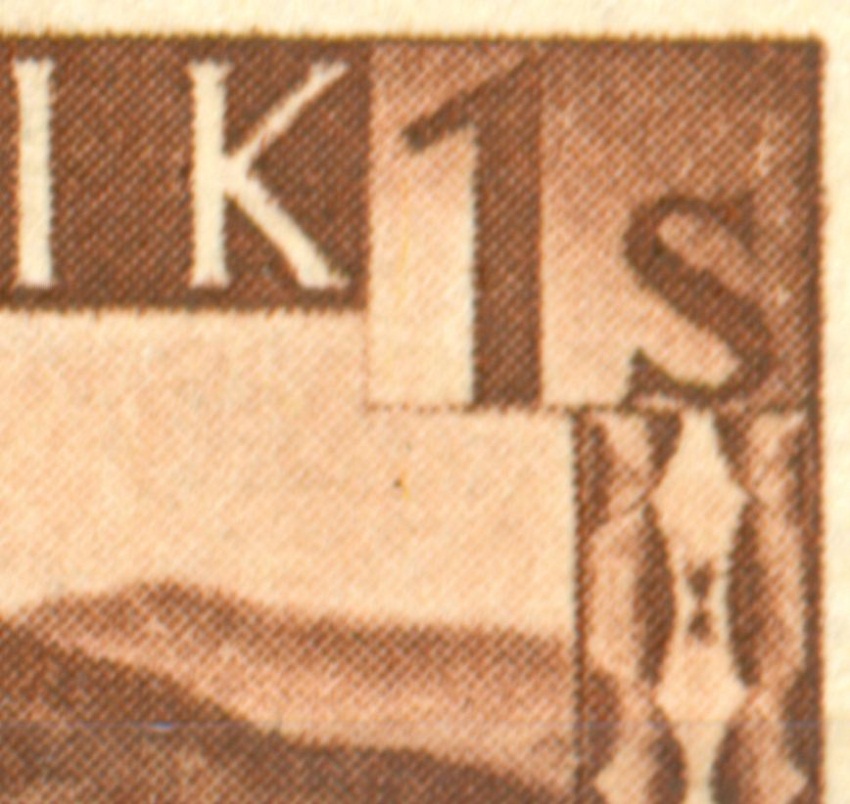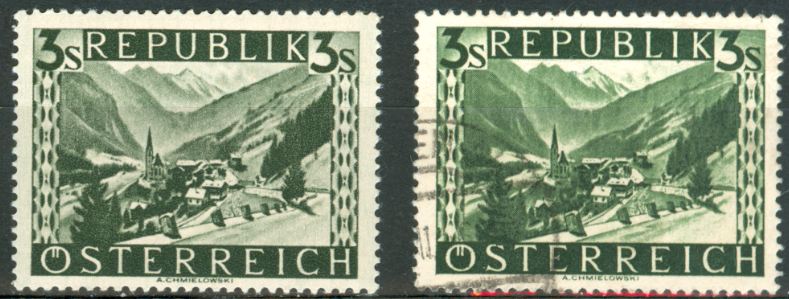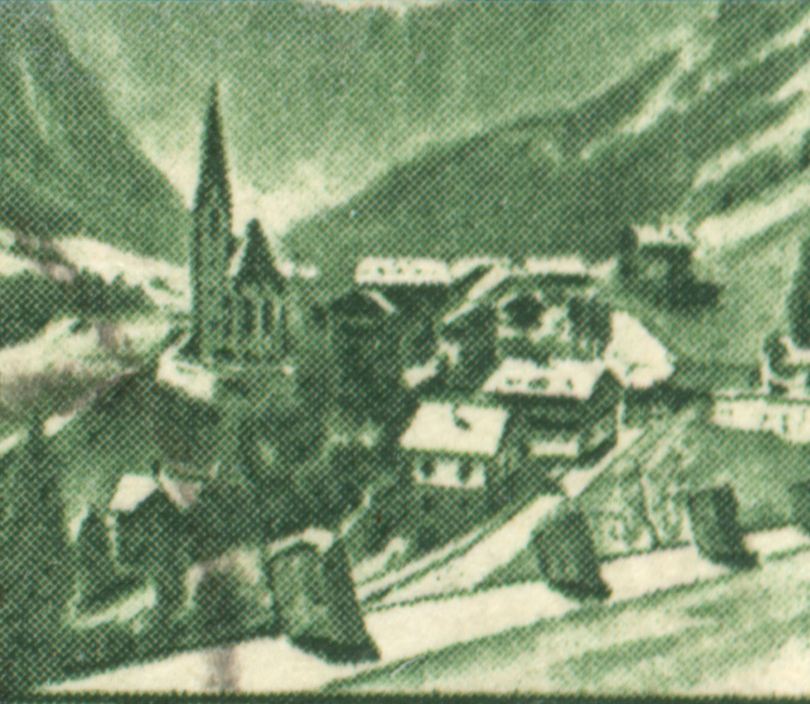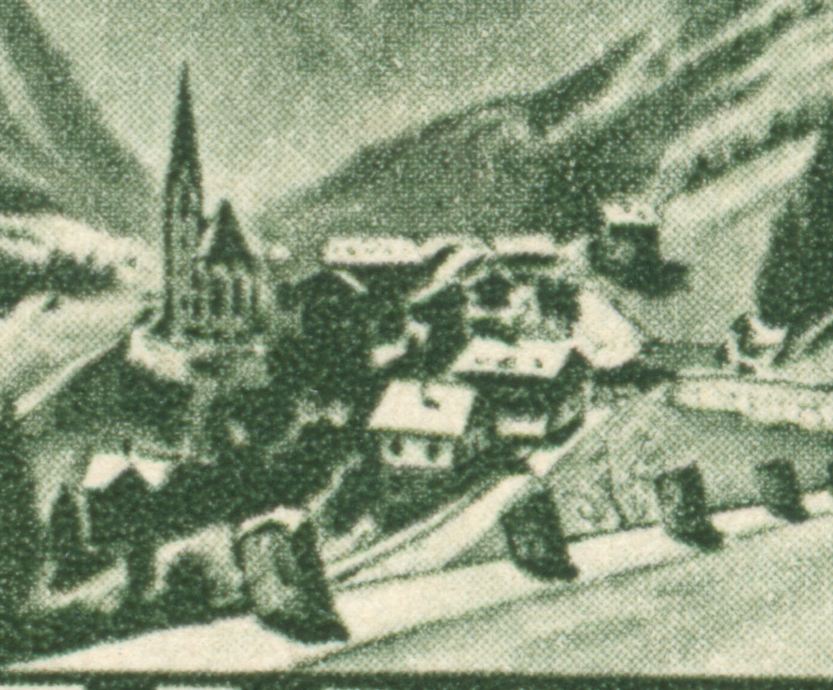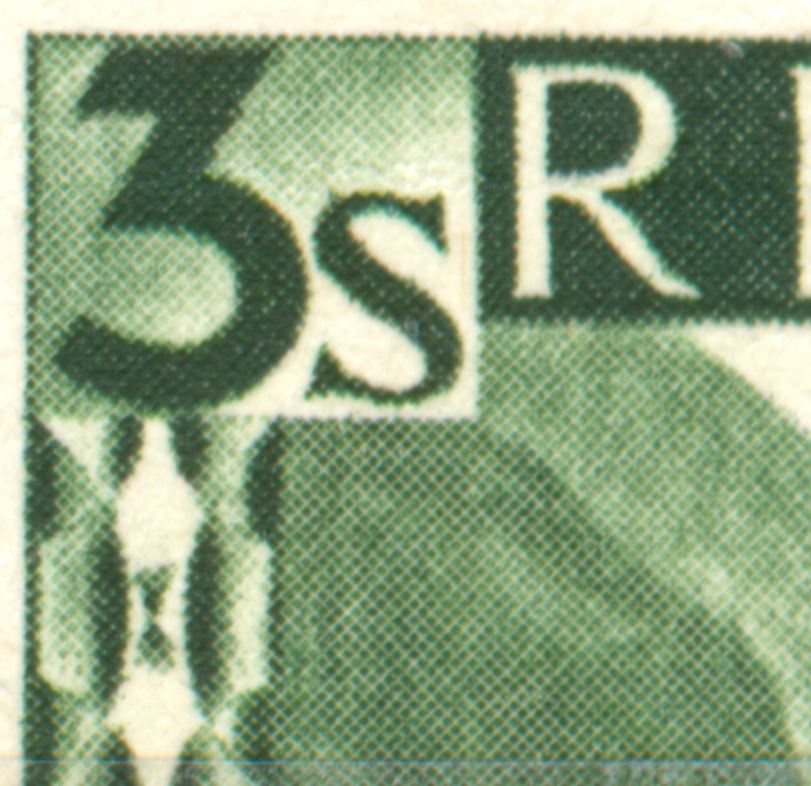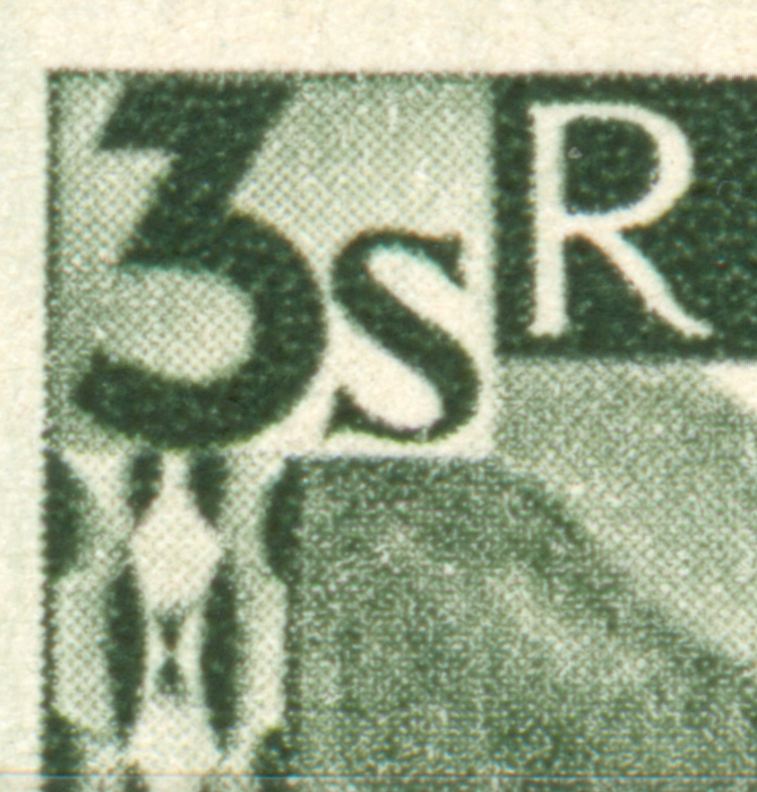Página 1 de 1
The difference between photogravure and recess!
Publicado: 16 Feb 2011 10:33
por Rein
How to tell the difference between recess and photogravure?
The most common answer to that question is that recess has been engraved and photogravure has been photomechanically reproduced, the plates or cylinders etched and the design screened!
In fact neither the reproduction technique nor the screening has anything to do with it!
It is a traditional difference in which for recess the ink was viscose and had to be pressed out of the recesses [deepened areas] and for photogravure the ink was superfluent and the ink nearly jumped out of the recesses!
The printing machines were constructed to apply to these differences and the plates or cylinders for recess were extremely heavy and big. The photogravure cylinders, however, were lighter and smaller.
Both printing methods have undergone so many changes and improvements that you can hardly tell the difference but for the fact that the printing machines are constructed still differently and the inks are different as well as to their viscosity...
So now we have recess from screened and etched cylinders and photogravure without screens or electro-mechanically engraved...
to be continued ....
Re: The difference between photogravure and recess!
Publicado: 16 Feb 2011 15:52
por Rein
Screened recess was used quite frequently by the Joh. Enschedé Security Printing Works in Haarlem during the 1950-ies uptil the 1970-ies!
The Netherlands Stamp Exhibition Amphilex 1967:
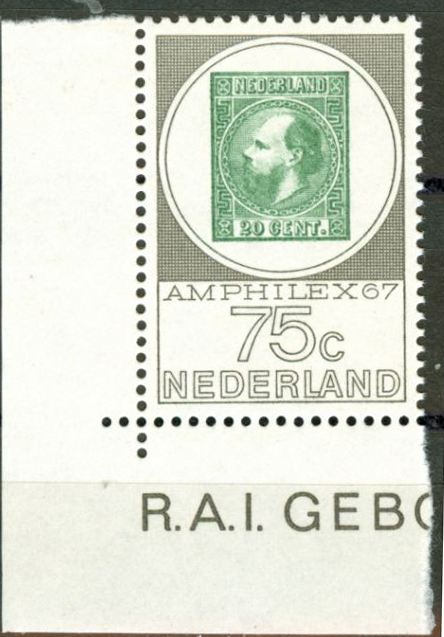
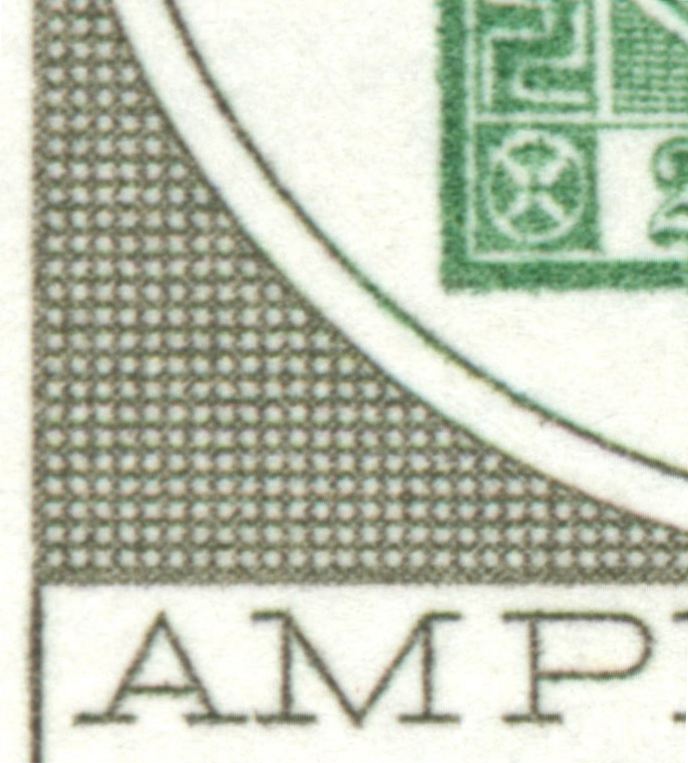
Luxemburg Roman Art in 1973:
Die Luxemburgische Marke hat sogar das Giori Verfahren!
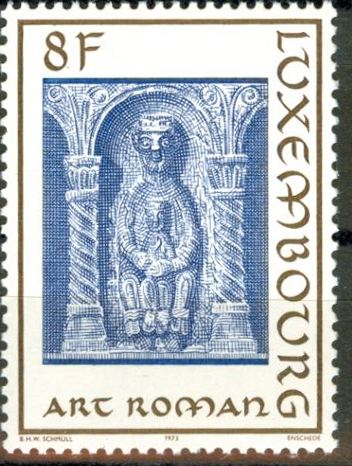
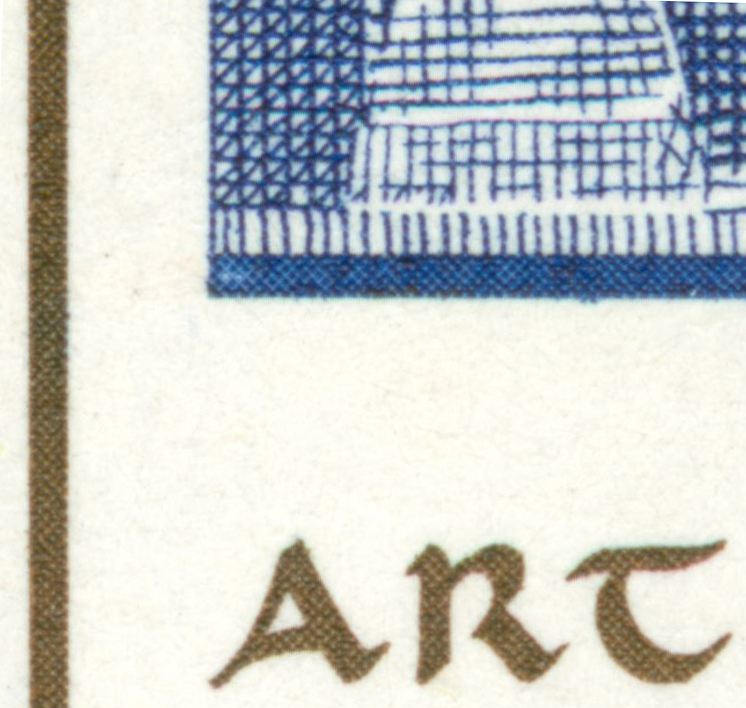
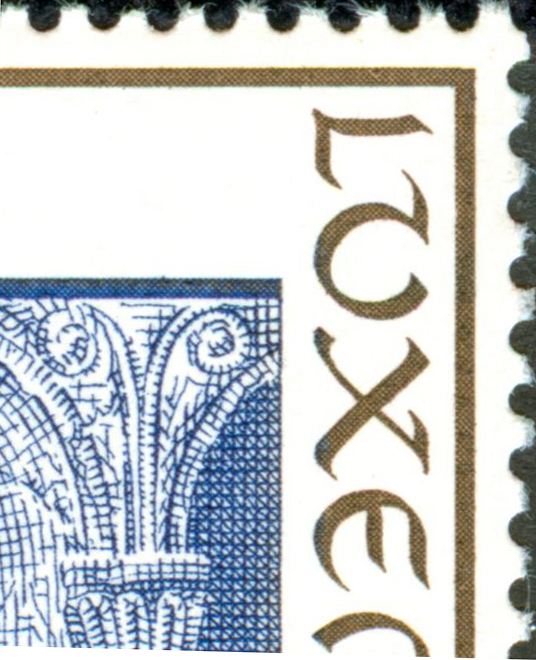
Note the blue spots in the letters "U", "X", etc.

to be continued ....
Re: The difference between photogravure and recess!
Publicado: 16 Feb 2011 16:13
por Rein
How bad a nicely engraved design can be damaged!
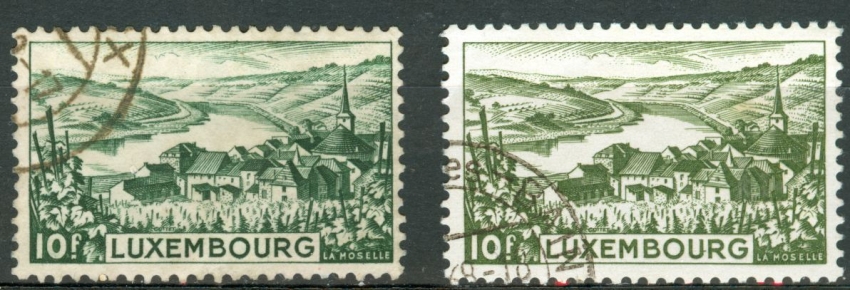
At the left the stamp engraved by René Cottet, at the right its modification:
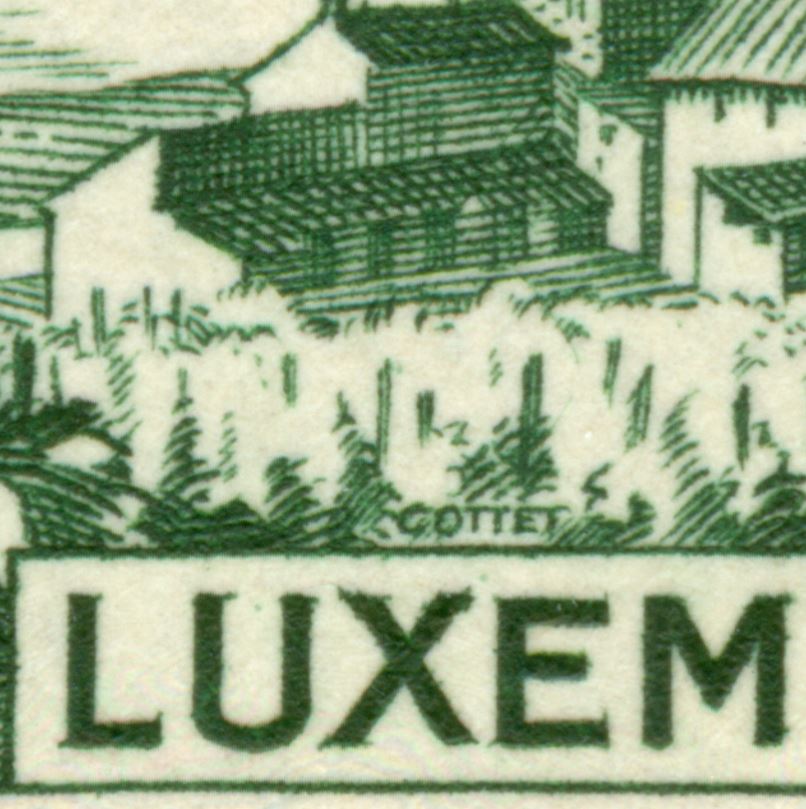
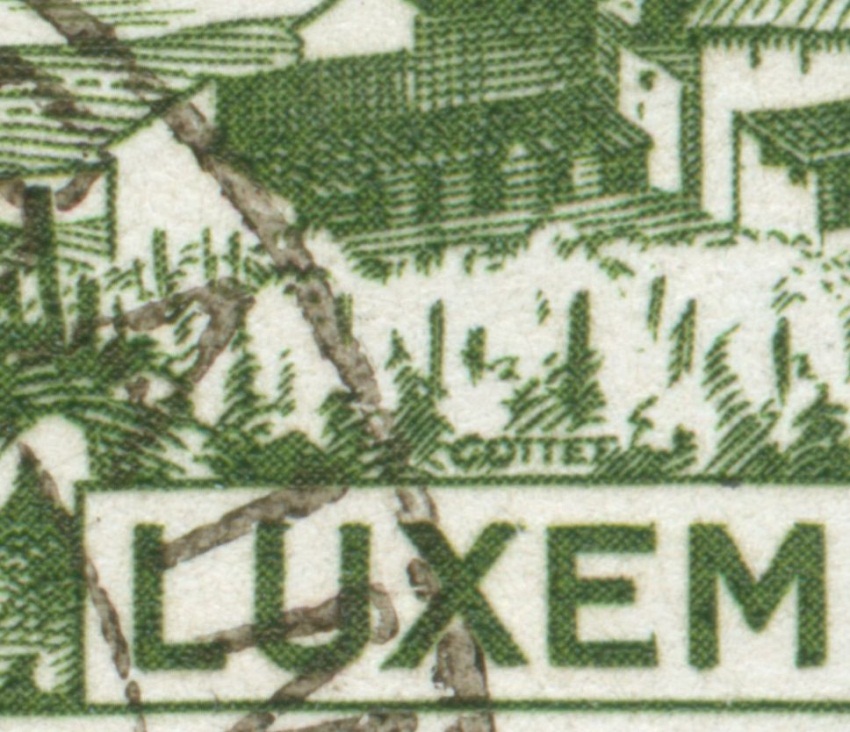
The screen points still had been nicely "engraved" - or rather etched photomechanically


to be continued ...
Re: The difference between photogravure and recess!
Publicado: 17 Feb 2011 18:48
por Rein
Re: The difference between photogravure and recess!
Publicado: 20 Feb 2014 10:55
por Rein
For most philatelists recess-intaglio is a printing method connected with nice engravings made by skilled engravers. This used to be the case for many decades, but already in interbellum this wasn't true anymore. But at least no philatelist noticed it at that time...
At least 4 stamp printers have been making attempts to tear down the walls - I get inspired by Fred Neil sing this on his records right now - between the 2 printing methods that are basically the same - the ink is either present in deep lines or in deep dots making up the design to be printed. For recess printing the ink is thick and it needs an enormous pressure to have it come out of the recesses and stick on the stamp paper and the superfluous ink will be wiped off by cloths. In photogravure the ink is very fluent and it will run out of the recesses hadn't it been for the fact that the design is made up of so many dots or short lines/curves that enough will keep there until the cylinder meet the stamp paper. The superfluous ink will be wiped off by a doctor's blade [sort of a long knife].
The photogravure press is quicker and the cylinders are easier to produce; the design needs several photo-mechanical (plus chemical ) steps before it is on the cylinder. The chemical part has been abandoned since some 15 years now, the electro-mechanical engraving as it is called now is omnipresent.
In recess printing the manual engraving had been replaced in most cases by the same photo-mechanical (plus chemical) steps. Even on modern-day banknotes [Euro's] some parts of the design are still being engraved other parts have been etched.
It's all a matter of economy, and most printing firms don't really bother what the stamp collectors think about it.
Re: The difference between photogravure and recess!
Publicado: 20 Feb 2014 10:59
por Rein
Re: The difference between photogravure and recess!
Publicado: 20 Feb 2014 11:03
por Rein
Re: The difference between photogravure and recess!
Publicado: 04 Mar 2014 22:59
por Otin
Rein:
The 1 schilling stamp seems to be engraved with both photogravure systems: first one in grainless screen for the landscape and classic screen for the frame, which is most curious. The second one is the classic screed grid. Saludos,
José
Re: The difference between photogravure and recess!
Publicado: 12 Mar 2014 00:15
por filatemusico
These are two different films with two different times of light exposition
Re: The difference between photogravure and recess!
Publicado: 12 Mar 2014 05:47
por Rein
You forget that the applying of a screen was a separate step. First making the film - comprising all of the stamps needed for the cylinder/plate - and then projecting the screen plus film on a gelatine sheet [in the case of photogravure].
Apart from this, the very printing process is different: very thin ink for photogravure and very thick ink for recess.








